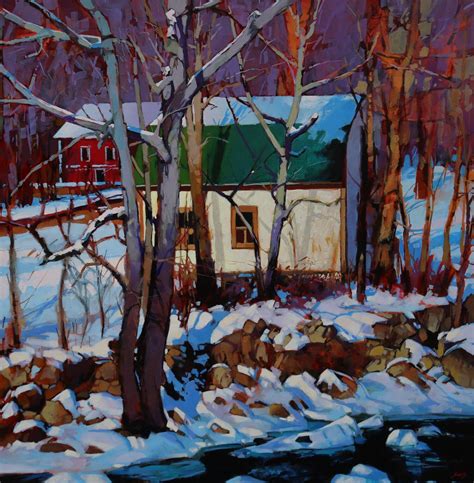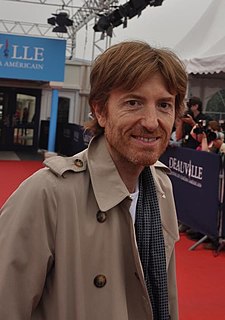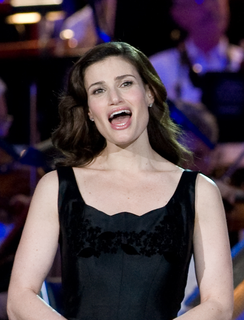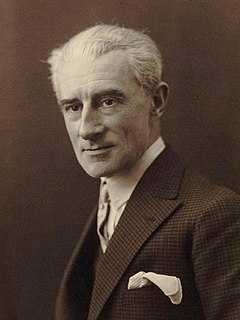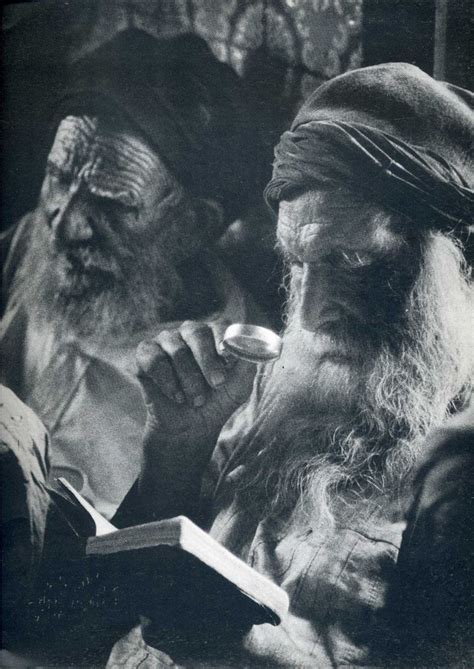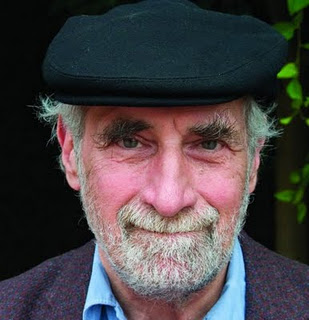A Quote by Tina Modotti
I know that the materials found on the streets is rich and wonderful, but my experience is that the way I am accustomed to work, slowly planning my composition etc. is not suited for such work. By the time I have the composition or expression right, the picture is gone. I guess I want to do the impossible and therefore I do nothing.
Related Quotes
There is a creative fraction of a second when you are taking a picture. Your eye must see a composition or an expression that life itself offers you, and you must know with intuition when to click the camera. That is the moment the photographer is creative. Oop! The Moment! Once you miss it, it is gone forever.
It's better to find a composition through an instrument and to play it and record it because you have something. It's a composition, and the song is good. It lives as a song. The worst is when you have a song and nothing is working well when you produce it. It's not like what you expect in your imagination. It's the worst because it requires a lot of work.
I'm constantly trying to work on the person that I am and work on my shortcomings, and I guess I want people to know that it's ok to be a work in progress, as long as you keep trying to figure it out. But that search and that discovery is what makes life kind of rich, and it's what makes life rich... period.
Suddenly, I saw it in a new way, as a picture that offered me a new view, free of all the conventional criteria I had always associated with art. It had no style, no composition, no judgment. It freed me from personal experience. For the first time, there was nothing to it: it was pure picture. That's why I wanted to have it, to show it - not use it as a means to painting but use painting as a means to photography.
Composition is a side issue. Its role in my selection of photographs is a negative one at best. By which I mean that the fascination of a photograph is not in its eccentric composition but in what it has to say: its information content. And, on the other hand, composition always also has its own fortuitous rightness.
In some exquisite critical hints on "Eurythmy," Goethe remarks, "that the best composition in pictures is that which, observing the most delicate laws of harmony, so arranges the objects that they by their position tell their own story." And the rule thus applied to composition in painting applies no less to composition in literature.
In 1968 I ran into Steve Lacy on the street in Rome. I took out my pocket tape recorder and asked him to describe in fifteen seconds the difference between composition and improvisation. He answered: "In fifteen seconds the difference between composition and improvisation is that in composition you have all the time you want to decide what to say in fifteen seconds, while in improvisation you have fifteen seconds." His answer lasted exactly fifteen seconds.

